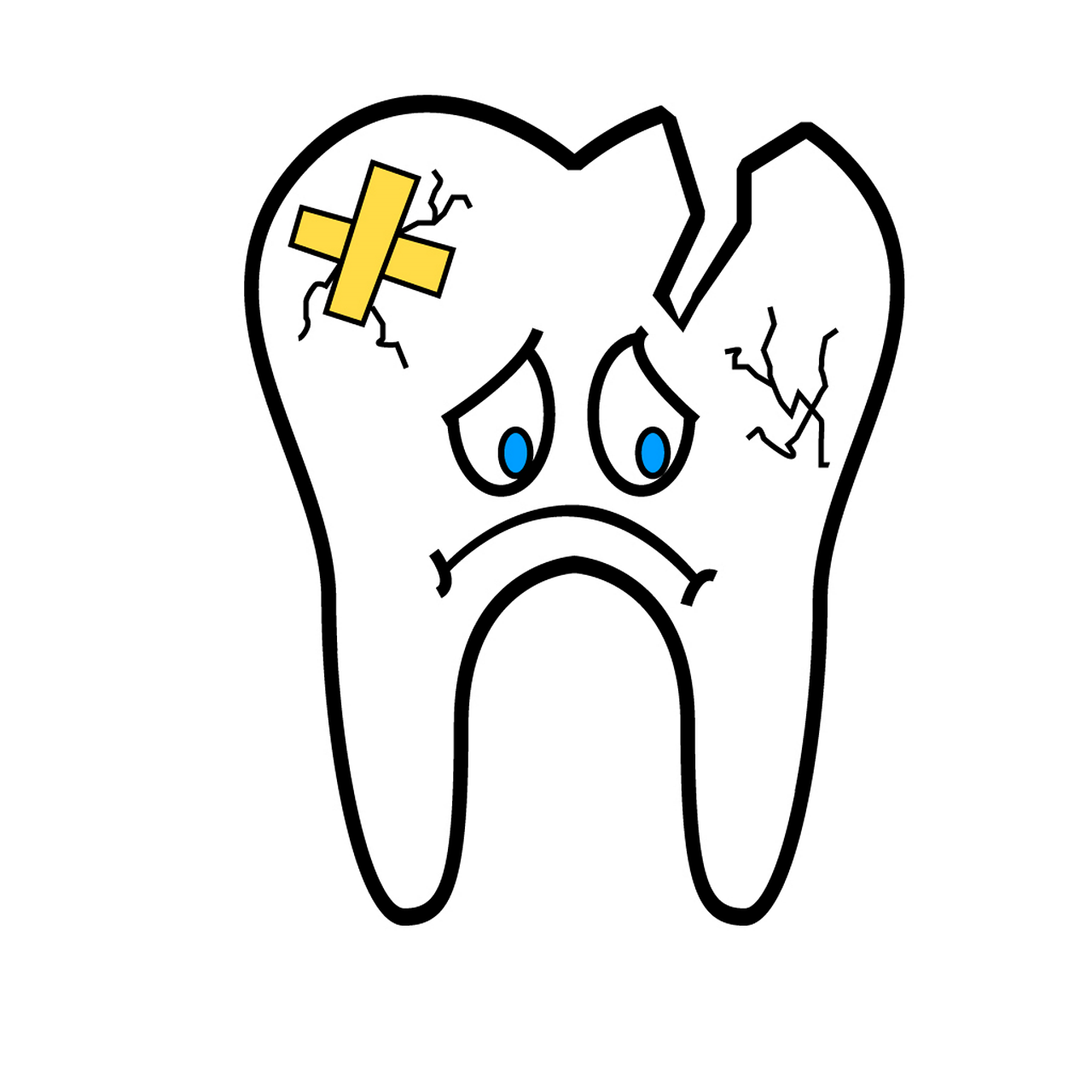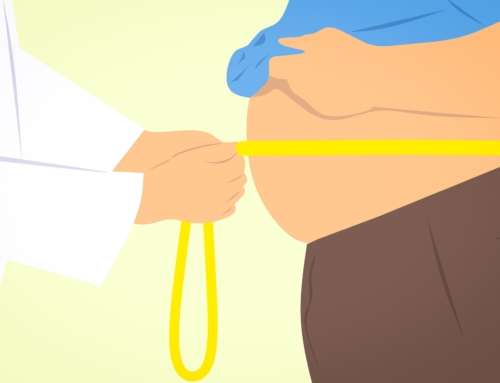The dental cause of systemic disease
I have seen over and over in my practice numerous patients who had systemic illness that with the help of a dental sleuth we were able to pin down the origin to their mouth. And this was with “normal” check ups from their regular dentist. I’ve truly lost count and it’s so many that when I am looking for causes of inflammation that just won’t go away and there is any history of root canals, pain in the mouth, crowns, bleeding gums, periodontitis, etc I send them to my dental sleuth, Dr. Debbie Ozment and the dental issues she has found adds confirmation of the dental origin of systemic disease.
The mouth is full of organisms. Some that should be there and often some that should not. A study looking the dental-disease connection was able to connect cardiovascular diseases, stroke, diabetes, low birth weight, alzheimers, colon cancer, breast cancer to bacteria and inflammation in the mouth! They identified three routes of mechanisms or pathways that linked oral infections to systemic effects. 1. The spread of infections from the mouth as a result of transient bacteremia (meaning bacteria is carried thru the blood stream), 2. The injury form the effects of the oral bacterial toxins and 3. The systemic inflammation caused by the bacteria. If you have any artificial joint, heart valve issues, or any implants physicians always recommend taking antibiotics an hour before getting your teeth cleaned just to prevent a systemic spread of the bacteria in your mouth throughout your body. Studies have shown in takes less than 1 minute after an oral procedure for organisms from an infected site to reach the heart, lungs and blood system! There is a known condition called infective endocarditis that bacteria invades the heart valves and patients become septic (meaning very, very sick with infection throughout their blood stream). The number one cause of endocarditis is a recent dental procedure. I hope you are getting the picture!
Read on for three tips to make sure you don’t have a lurking problem in your mouth…
If you have any dental issues at all, have ever had a root canal or crown, bleeding gums (even just intermittently), or have been told you have gingivitis then you really need to read this.
Bacteria live in our mouth by hiding under our gums in biofilms. These biofilms are continually renewing reservoirs of bacteria that can invade our periodontal tissues as well as our circulation. Simply getting the plaque off of our teeth is just not enough to keep our mouths healthy!
Here are some steps your dentist needs to be doing for a good exam:
- Probing your gum tissues. Your gums should be probed at least once a year for pockets that can harbor more bacteria. This involves literally going from tooth to tooth with the probe and seeing how loose the gums are. Six points on each tooth are measured to see how deep the pockets are. Bleeding at a depth of 5 or more can indicate disease. I have had my teeth cleaned every 6 months my entire life and I had NEVER had this done until three years ago when I changed dentists.
- 3 D panoramic Xray. This is a special Xray that starts on one side of your mouth and scans all the way around to the other side. The traditional bite on the plastic mouthpiece that never feels good only takes a 2D picture and can often miss abscesses or other infections and is really only used to see decay between the teeth. This 3D is only done every 2-3 years and the 2D should be done once a year.
- For extra prevention, have your saliva checked for the types of bacterial organisms living in your mouth. This is a swish and spit type of test and results come back within a week. There are certain organisms that have been directly linked with significant systemic illness. If you have these organisms then a deep cleaning (meaning cleaning under the gums) and biofilm disruption with laser is indicated. Antibiotics are often required for complete eradication of the bacteria. Many dentists are not aware of this test.
Dr. Debbie Ozment, DDS, recently did a TedX talk looking at the systemic results of dental diseases. This is a worthwhile segment to watch. Here is the link.
Take home message…. It’s not just about brushing and flossing anymore. Go a few steps further to make sure you truly have good dental health!
To your health,
Laura









